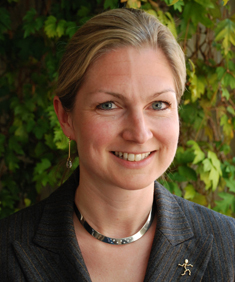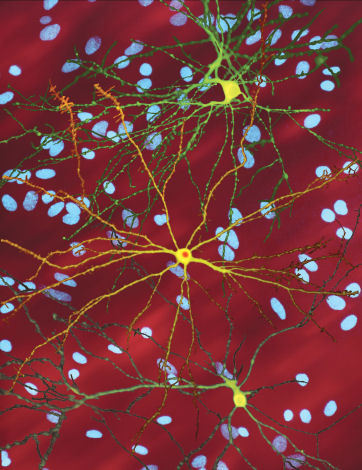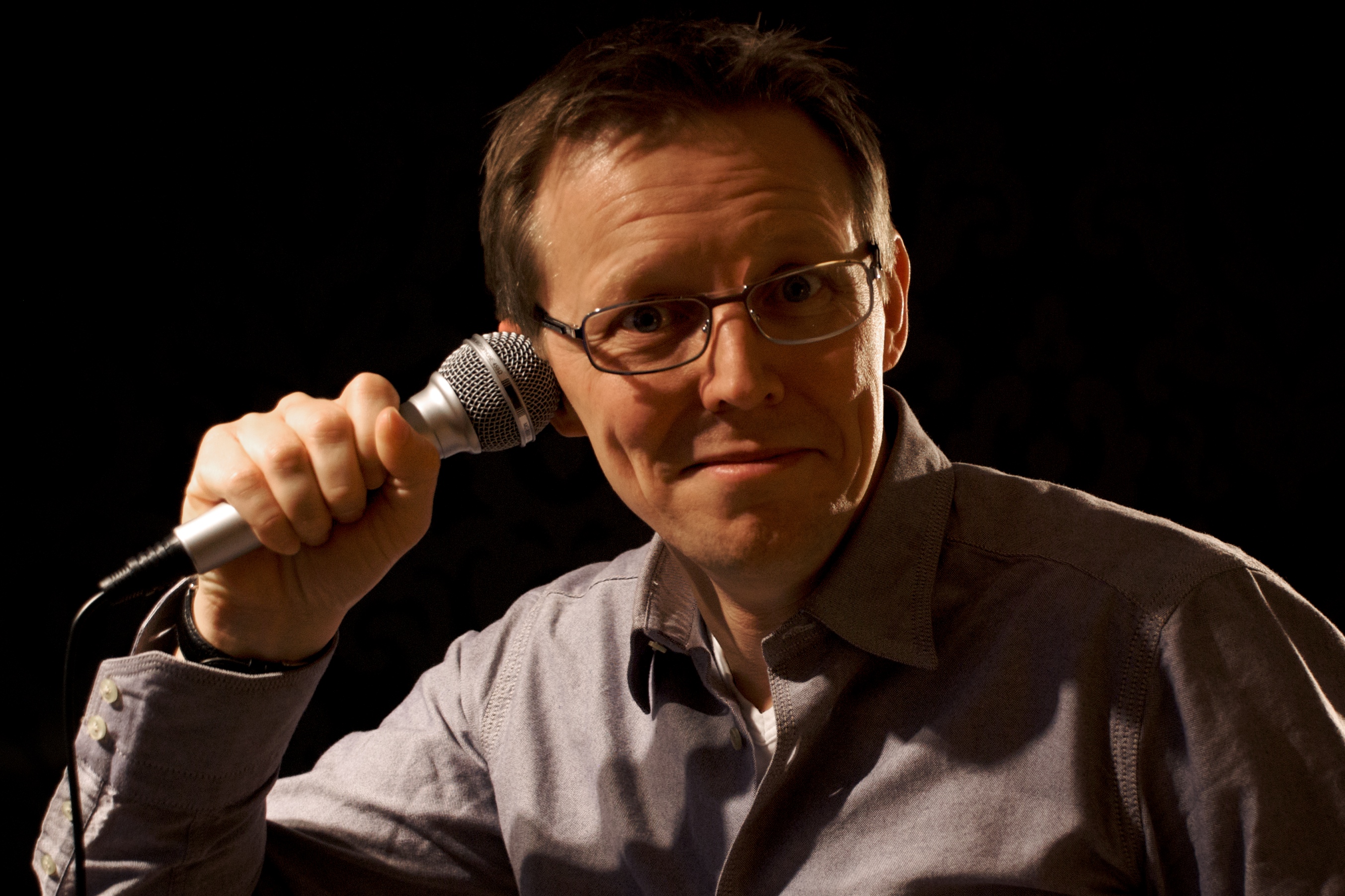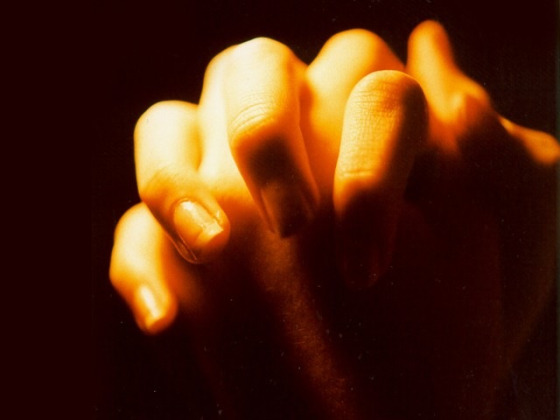Swedish News:
Hot summer? No worries if you're in Sweden... Who drinks the most? Better treatment for Huntington’s disease. Swedish debut novel sold to 24 countries. Nursing home may pray for the sick. Fewer people take out library books.
-
 An inmate in southern Sweden gained so much weight during his time behind bars, that he is now receiving allowance to buy new clothes.
An inmate in southern Sweden gained so much weight during his time behind bars, that he is now receiving allowance to buy new clothes. -
-
Hot summer? No worries if you're in Sweden...
Vacationing Swedes can look forward to a new kind of warning system from SMHI (Swedish Meteorological and Hydrological Institute): When the weather forecast shows temperatures of at least 30 degrees C (or 86F), a class 1 warning for a heat wave will be issued. Heat may lead to health problems, especially for the sick and elderly, thus the warning according to the SMHI website. A message will be sent out to managers in the health and care sectors, when temperatures are expected to rise above 26 degrees C (78F) for three consecutive days. If degrees are expected to stay over 30C (86F) for more than five consecutive days, or over 33C (91.4F) for three consecutive days, a class 2 warning will be issued. -
 New Swedish discoveries can lead to better treatment for Huntington’s disease. “We are first in showing that it is possible to prevent depressive symptoms in Huntington’s disease,” says Åsa Petersén, associate professor of neuroscience at Lund University. Photo: www.med.lu.se
New Swedish discoveries can lead to better treatment for Huntington’s disease. “We are first in showing that it is possible to prevent depressive symptoms in Huntington’s disease,” says Åsa Petersén, associate professor of neuroscience at Lund University. Photo: www.med.lu.se -
-
Who drinks the most?
People from Stockholm and the provinces of Halland and Skåne are the heaviest drinkers in Sweden. The folks in Norr- and Västerbotten drink the least. A new study shows the regional differences in Swedes’ alcohol consumption, and might even turn a few myths upside down. It is Sorad, the center for social scientific alcohol and drug research at Stockholm University, who has conducted the study on behalf of the Swedish government. -
 A montage of three images of single striatal neurons transfected with a disease-associated version of huntingtin, the protein that causes Huntington's disease. Nuclei of untransfected neurons are seen in the background (blue). The neuron in the center (yellow) contains an abnormal intracellular accumulation of huntingtin called an inclusion body (orange). Photo: Dr. Steven Finkbeiner, Gladstone Institute of Neurological Disease/Wikimedia Commons
A montage of three images of single striatal neurons transfected with a disease-associated version of huntingtin, the protein that causes Huntington's disease. Nuclei of untransfected neurons are seen in the background (blue). The neuron in the center (yellow) contains an abnormal intracellular accumulation of huntingtin called an inclusion body (orange). Photo: Dr. Steven Finkbeiner, Gladstone Institute of Neurological Disease/Wikimedia Commons -
Better treatment for Huntington’s disease
New discoveries from researchers in Lund give hope for better treatments of the deadly Huntington’s disease (“danssjuka” in Swedish), one of a group of neurological disorders called dyskinesias. By closing a mutated protein in the brain of mice, researchers have managed to prevent psychiatric problems, which are likely to appear early in Huntington’s disease. In the long run, it is hoped that this will lead to better treatments of the disease. “We are first in showing that it is possible to prevent depressive symptoms in Huntington’s disease,” says Åsa Petersén, associate professor of neuroscience at Lund University, in a press release. Huntington’s disease is a genetic brain disease. The symptoms usually shows up in people 20-40 years of age, and consists of movement disorders with involuntary, irregular movements and progressive dementia. Huntington’s disease is incurable. Depression and anxiety shows in the patient before the movement disorders. The emotional problems are believed to have their origins in the hypothalamus portion of the brain. -
 People in Stockholm and the provinces of Halland and Skåne are the heaviest drinkers in Sweden. The ones who drink the least can be found in Norrbotten and Västerbotten.
People in Stockholm and the provinces of Halland and Skåne are the heaviest drinkers in Sweden. The ones who drink the least can be found in Norrbotten and Västerbotten. -
Swedish debut novel sold to 24 countries
Scriptwriter and stand up comedian Fredrik T. Olsson is currently at work on his debut novel “Slutet på kedjan” (The End of the Chain). And though the book has yet to be written, it is already a success. According to daily Göteborgs-Posten, “Slutet på kedjan” was sold to 24 countries during the book fair in London this spring. Meanwhile, Fredrik T. Olsson signed a contract with Warner Brothers, who wanted to secure the rights for a film. “It all happened within days. It’s incredibly strange,” the author says to Göteborgs-Posten. “Slutet på kedjan” is about a former Swedish military crypto expert with “personal baggage.” -
 Swedish scriptwriter and stand up comedian Fredrik T. Olsson is working on a book that has already been sold to 24 countries. “Slutet på kedjan” or “The End of the Chain” is a story about a former Swedish military crypto expert. Photo courtesy of: gastacomedy.se
Swedish scriptwriter and stand up comedian Fredrik T. Olsson is working on a book that has already been sold to 24 countries. “Slutet på kedjan” or “The End of the Chain” is a story about a former Swedish military crypto expert. Photo courtesy of: gastacomedy.se -
Nursing home may pray for the sick
The Sjöhamra nursing home in Stockholm has been given green light by Socialstyrelsen (the National Board for Health and Welfare) for a “new” treatment method: They may now pray for their patients. This according to the paper Dagen. The patients who are to be treated is suffering from psychiatric problems, and the treatment will include Bible reading and prayers. An individual plan will be made for everyone, with psychiatric support, medication, and “spiritually oriented counseling”. Sjöhamra writes, among other things, that “an inner prayer” will be used, which the nursing home compares with Buddhist methods to increase presence of mind as well as the twelve-step program used in addiction recovery. -
 Feeling hot yet? SMHI, the Swedish Meteorological and Hydrological Institute, will issue heat wave warnings this summer.
Feeling hot yet? SMHI, the Swedish Meteorological and Hydrological Institute, will issue heat wave warnings this summer. -
Fewer people take out library books
Though the digital lending from Swedish libraries is increasing, the total lending is not. The number of children’s books taken out in 2012 decreased with half a million in comparison to 2011. This information comes from the Kungliga bibliotekets (the National Library’s) annual statistics, which shows that the e-books have had their big breakthrough at publicly funded libraries in Sweden. Between 2009 and 2012, the lending of e-books increased with 289%. It is mostly research libraries that can show a large number of e-books taken out: 45 million were reported last year, compared to 9 million physical books. Overall, book lending decreased with 2% - which equals 1.6 million lent out books. Physical visits to the libraries have also decreased with 2%. -
 A nursing home in Stockholm has been given carte blanche for including prayer in the treatment of patients with psychiatric problems.
A nursing home in Stockholm has been given carte blanche for including prayer in the treatment of patients with psychiatric problems. -
Inmate got obese – receives money for new clothes
An inmate at a detention center in Skåne, in the south of Sweden, got too fat during his time behind bars. Now, he is getting allowance to buy new clothes. The 35-year old gained so much weight that his old clothes no longer fit him. The administrative court has ordered social services to help the man buy new clothes. “It’s not unusual that inmates go through physical changes during their time in prison,” says Ann Pernstig, dietitian at Kriminalvården (the Swedish Prison and Probation Service). The diet served at Kriminalvården’s detention centers follows the guidelines of Livsmedelsverket (the National Food Agency) for healthy adults, and follows the so-called “tallriksmetoden” or “the model plate” (see more on this here: http://www.nordstjernan.com/news/food/5457/). Most inmates take their meals in their departments and receive however much they want from the food carts. “Many of the inmates have a preference for a lot of proteins and they get upset if they cannot have their two pork chops or 40 meatballs,” says Pernstig. “Many of them don’t even want to hear about vegetables, so there’s an imbalance in their nutritional intake.” According to the prison law, the inmates also have access to sweets. “The law states that the prison must accommodate the possibility of purchasing sweets, so we cannot forbid them to eat sugar. It’s about personal responsibility, and the inmates reflect the rest of the society,” Pernstig says. -
-
